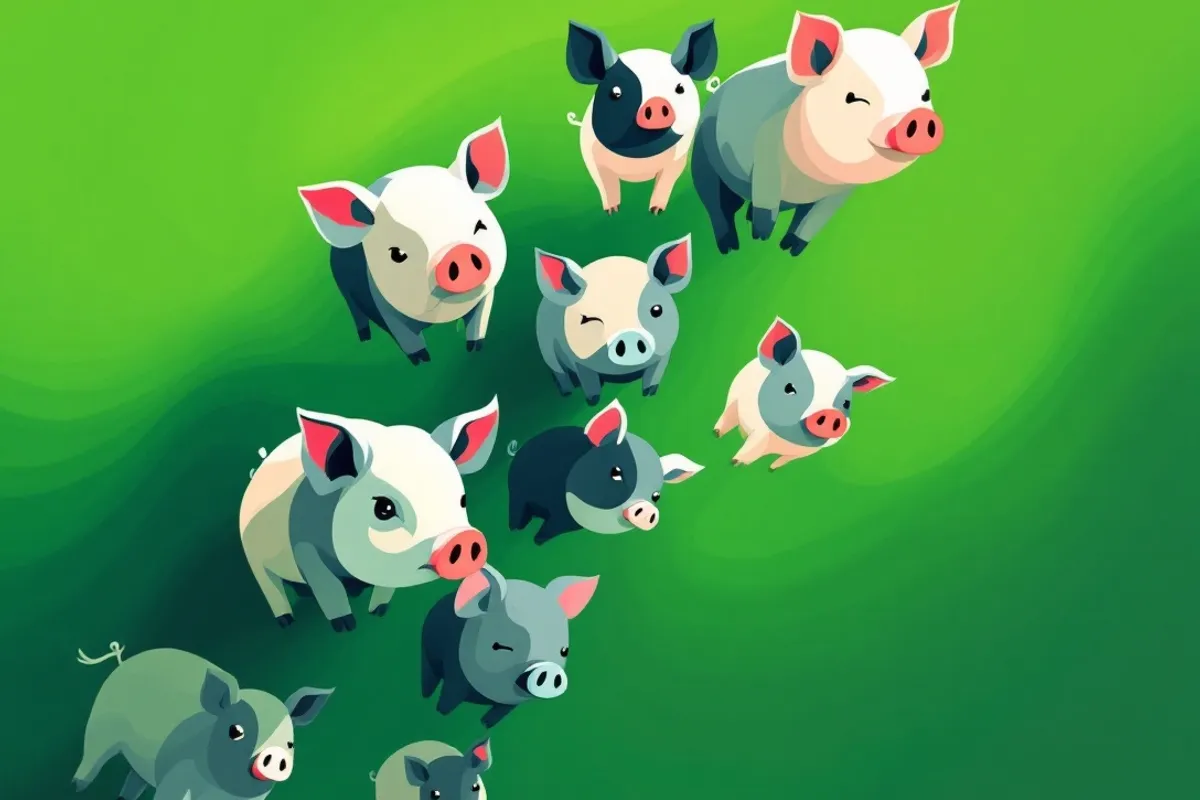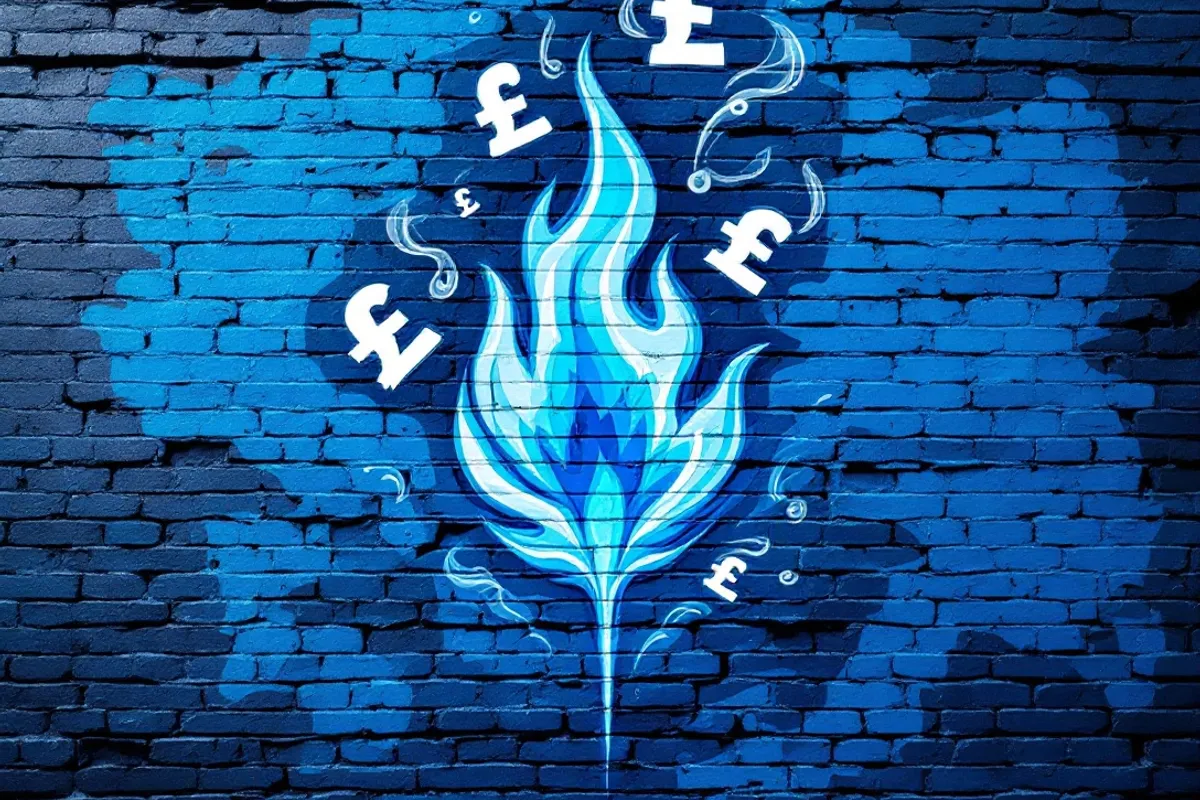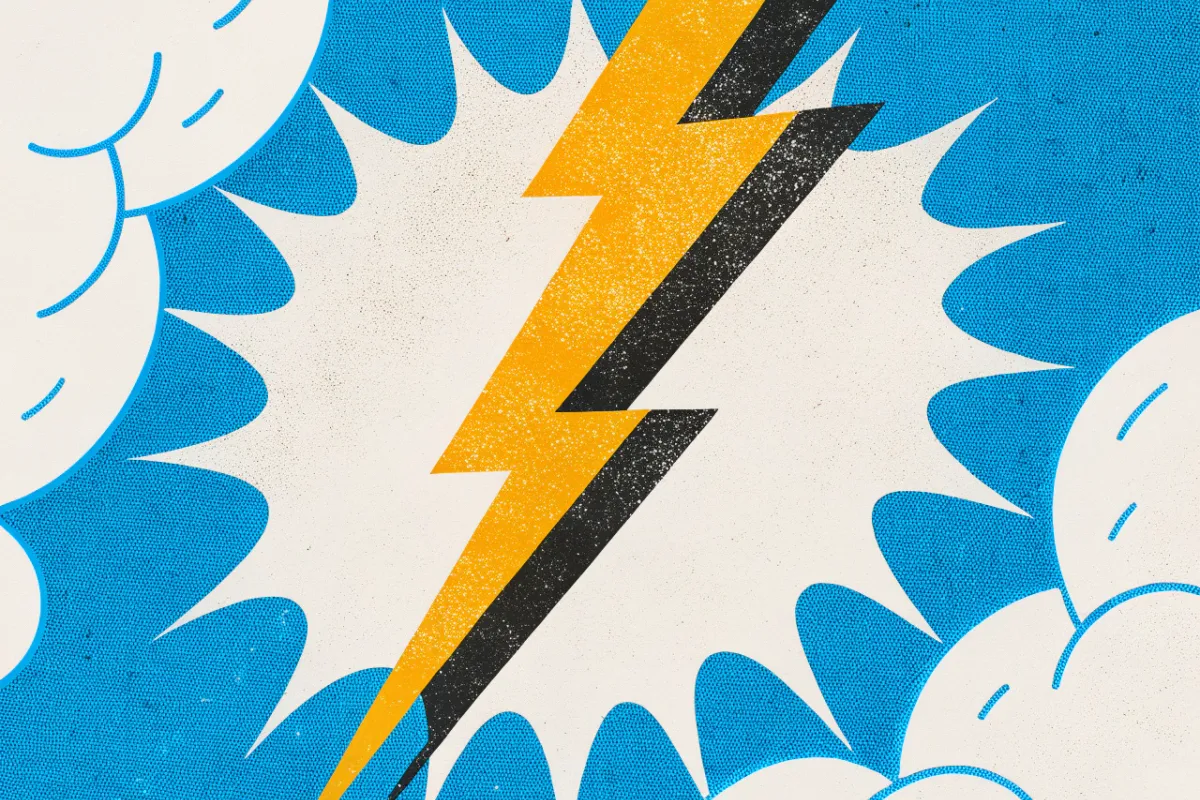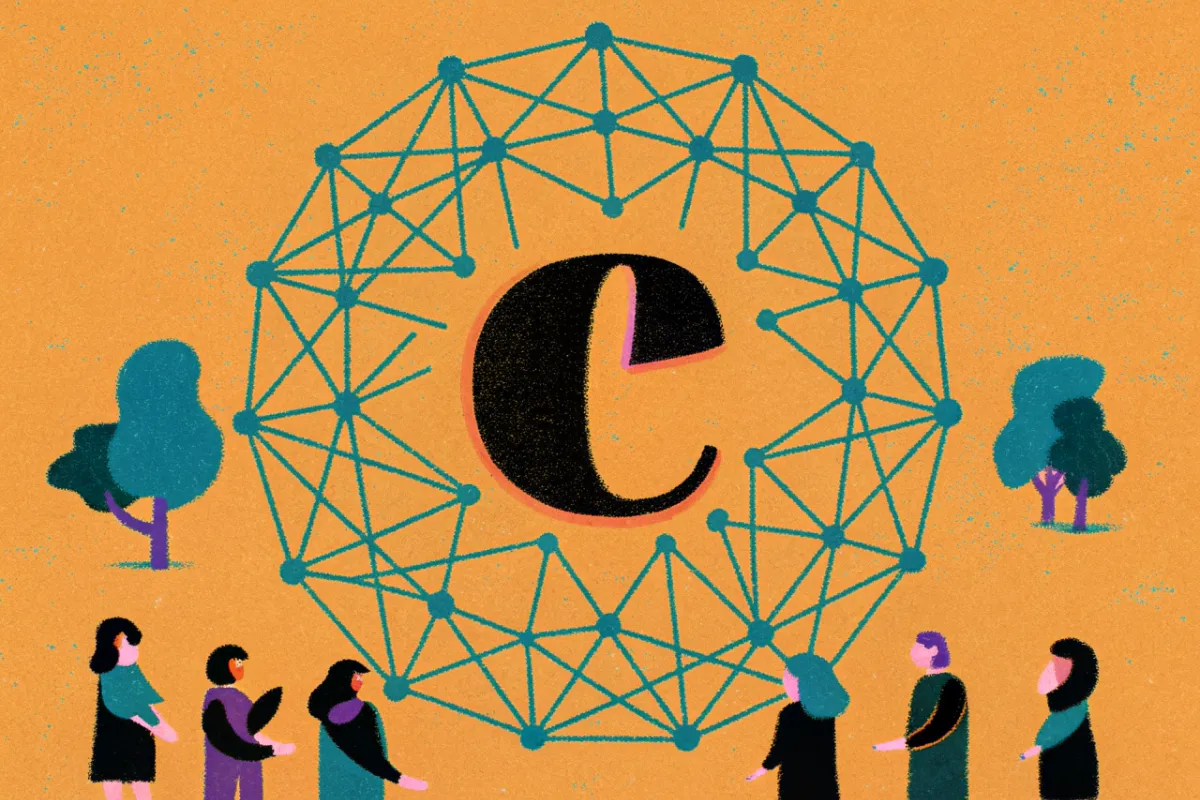Perceptive.io
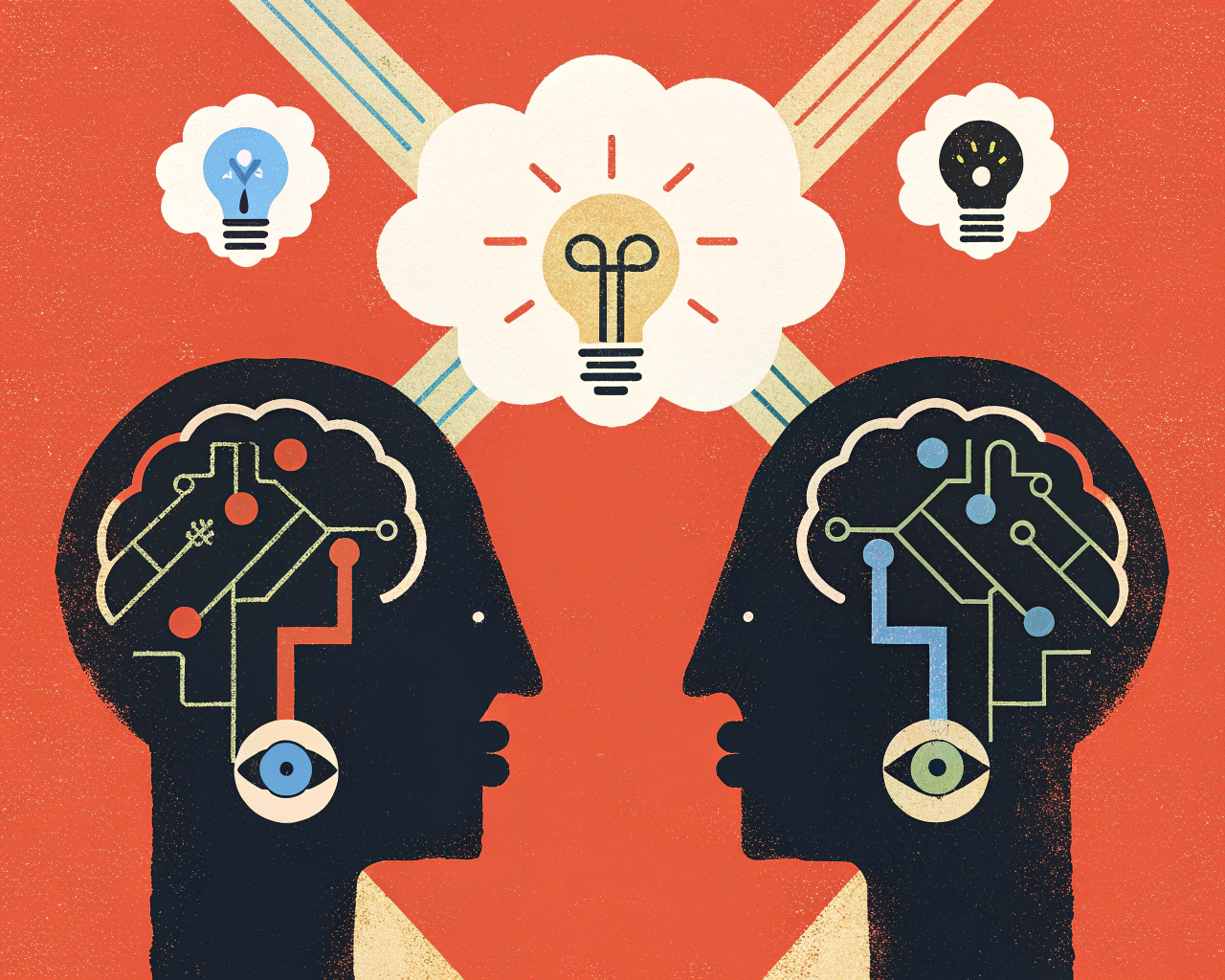
Perceptive.io
A lone figure sits on a Balinese beach, laptop balanced precariously on sun-weathered knees. Just eighteen months earlier, I'd been at the helm of a £19M loan company. Now, I'm watching the sunset, wondering where it all went wrong.
The Dizzying Heights and the Long Fall
Success in business can be intoxicating. When Online Secured Loans hit its stride in 2011, processing over £6 billion in loan applications and generating £19M in annual revenue, it felt like we'd cracked the code. Our algorithms were humming, conversion rates were stellar, and the future seemed written in gold.
But here's the thing about success – it's a fickle friend who doesn't always tell you which parts of your journey were skill and which were serendipity.
xychart-beta
title "Company Growth vs Market Reality"
x-axis [2002,2003,2004,2005,2006,2007,2008, 2009, 2010, 2011, 2012, 2013]
y-axis "Revenue (£M)" 0 --> 7
line [0.1,0.2,3.5,5,6,7,0.5,2.3,2.5,0.3,0.2,0]
The collapse came with stunning velocity. Regulatory changes in the UK financial sector, combined with aggressive changes to Google's algorithms, turned our profitable niche into a war zone. By 2013, what had been a market-leading position became untenable. The writing was on the wall – we needed to shut down.
The Birth and Death of Perceptive.io
In the aftermath of the shutdown, I found myself adrift in a sea of uncertainty. Perceptive.io wasn't born from a carefully crafted business plan or a moment of inspiration – it emerged from the depths of not knowing what to do next. Drawing from years of experience in behavioral economics and countless hours optimizing my own business, I began cataloging everything I knew about marketing and conversion psychology.
The project evolved into something remarkable: a comprehensive resource featuring 121 known behavioral economics principles, with 70 directly applicable to business operations. My collaboration with Canberra University helped develop groundbreaking theories in online marketing and conversion optimization, particularly in the realm of user intent mapping and psychological profiling – much like my earlier work with SALMONI. I poured this knowledge into a series of explainer videos and detailed guides.
Yet despite the depth of expertise and the revolutionary nature of the behavioral frameworks I'd developed, I couldn't effectively market my own creation. The irony wasn't lost on me – a conversion optimization expert struggling to convert. By February 2016, the venture had reached its end. The domain name perceptive.io, which I later sold in 2017 for £2,000, became the project's final asset – yielding nearly ten times the £240 I'd invested in the entire endeavor.
The Hidden Weight of Failure
What I didn't realize then – what many entrepreneurs don't realize – is that business failure takes a profound psychological toll. The statistics are sobering:
pie
title "Mental Health and Project Failure"
"Depression" : 30
"Anxiety" : 27
"ADHD" : 29
"Other Mental Health Issues" : 14
Sitting on that Balinese beach, laptop open but mind closed, I was part of these statistics. The paradise setting only highlighted the internal contrast – how could someone be in such a beautiful place and feel so lost?
The Silent Killer: Going It Alone
Here's what they don't tell you in those gleaming entrepreneurial success stories: the most dangerous position isn't failure – it's isolated success. When you're winning, it's easy to mistake independence for strength. I had built everything solo, proud of being a one-man army. No board, no partners, just me and a team of employees.
The true cost of this approach only becomes apparent when you're trying to rebuild:
| Type of Entrepreneur | 5-Year Success Rate | Access to Capital | Recovery Time |
|---|---|---|---|
| Well-networked | 48% | High | 1-2 years |
| Solo Operator | 22% | Limited | 3-5 years |
The Hard-Won Wisdom
Looking back, the lessons are crystal clear, if painfully earned:
- Network Before You Need It: Build relationships when you're strong, so you have support when you're weak.
- Mental Resilience is a Skill: Just like coding or marketing, emotional resilience needs to be actively developed.
- Success Can Be Dangerous: It can isolate you, make you complacent, and blind you to your vulnerabilities.
- Knowledge Isn't Everything: Despite having deep expertise in behavioral economics and marketing, emotional readiness is equally crucial for success.
The sun has long since set on that Balinese beach. My laptop's closed now, but the lessons remain open. In the end, perhaps the most valuable insight is this: in business, as in life, we're only as strong as the networks we build and the resilience we develop.
